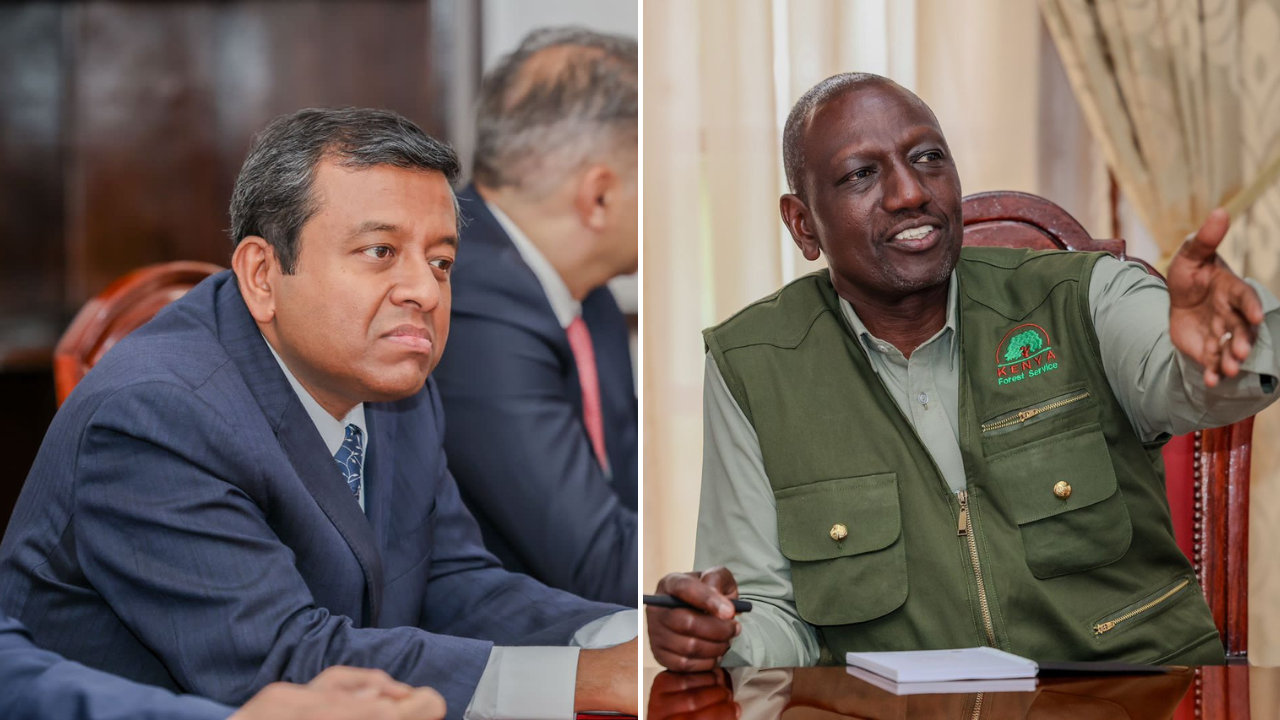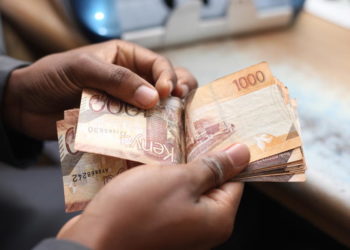The International Monetary Fund will increase its financial assistance to Kenya by nearly $1 billion after the East African country agreed to economic reforms, the lender announced Thursday.
The IMF said it reached a preliminary agreement with Kenya to augment its $2.34 billion (KES 350 billion) loan program by $938 million (KES 142.8 billlion). The additional funding is critical to help Kenya manage its heavy debt burden and cope with the global economic slowdown, the IMF said.
“The tightening global financing conditions for frontier economies and global geopolitical tensions are compounding the challenges from the legacy of the pandemic and multi-season drought, further straining Kenya’s balance of payments and fiscal financing requirements,” said Haimanot Teferra, who led the IMF negotiation team.
The agreement is subject to approval by IMF management and its executive board, which is expected in January.
Kenya will have immediate access to $682 million after the review is complete. This will bring the total amount dispersed so far by the IMF to Kenya to $2.68 billion.
In return for the loans, Kenya has agreed to institute reforms aimed at enhancing macroeconomic stability, broadening the tax base, rationalizing public spending and improving the functioning of the foreign exchange market.
“Steadfast implementation of a package of mutually reinforcing policies remains key to sustain macroeconomic stability, anchor market confidence, continue to deliver on the program’s objectives, and bolster Kenya’s medium-term prospects,” Teferra said.
Kenya’s economy has shown some resilience amid global challenges, with GDP growing 5.4% in the first half of 2023, primarily due to a robust recovery in agriculture, the IMF said.
But uncertainty over Kenya’s access to international bond markets is putting substantial pressure on liquidity, mostly due to a sizable Eurobond maturity in 2024, according to the lender.
The Kenyan government said it welcomed the successful conclusion of the IMF talks, with National Treasury Cabinet Secretary Njuguna Ndung’u pledging continued economic reforms.
“The government remains committed to the implementation of the IMF program in order to sustain macroeconomic stability,” Ndung’u said.
Kenya is also receiving climate resilience loans from the IMF totaling $407 million to support its efforts to tackle climate change impacts like drought, flooding and environmental degradation.
The IMF said downside risks remain due to Kenya’s heavy reliance on foreign financing, unpredictable weather patterns and the Russia-Ukraine war that has disrupted global supply chains and caused a spike in commodity prices.
But it said investor confidence and agriculture rebound could provide upside potential. The IMF reaffirmed its support for Kenya’s reform efforts to achieve an inclusive and climate-resilient economic growth.


















